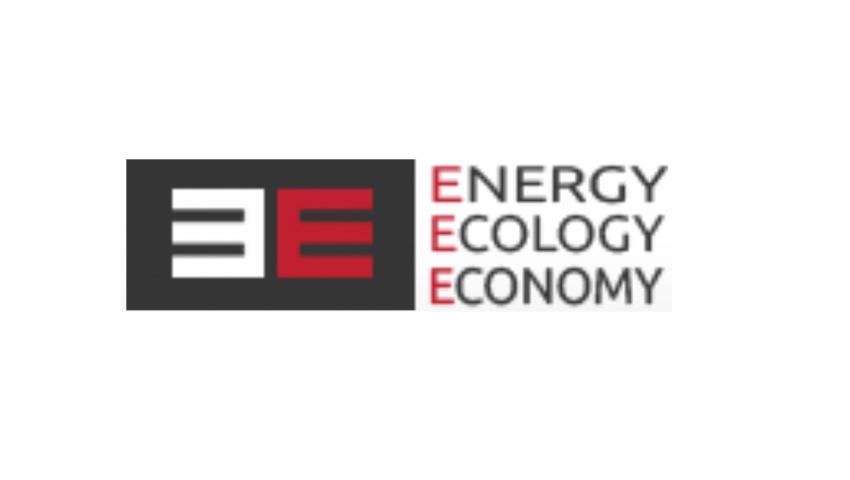EC Makes Ten Recommendations on Bulgaria's Draft Integrated National Energy and Climate Plan, 2021-2030

The European Commission (EC) Tuesday presented its assessments and recommendations on the draft integrated National Energy and Climate Plans (NECPs) of member states. NECPs are described as the first ever integrated mid-term planning tools that member states are required to prepare in view of the implementation of the Energy Union objectives, and in particular the agreed EU 2030 energy and climate targets. The NECPs describe how each member state plans to contribute to the achievement of the common Energy Union objectives.
The EC made ten recommendations on Bulgaria's NECP, as follows:
1. Raise the level of ambition for 2030 to a renewable share of at least 27 per cent as Bulgaria's contribution to the EU's 2030 target for renewable energy.
2. Increase its ambition towards reducing both primary and final energy consumption in view of the need to increase the level of efforts to reach the EUТs 2030 energy efficiency target, and support it with adequate policies and measures that would deliver additional energy savings by 2030. Underpin proposed policies and measures by an impact assessment and more detailed information on the quantification of impacts, in terms of expected energy savings, and implementation timeline. Further elaborate on how the effectiveness of its energy savings obligation scheme is to be improved so that it could deliver the expected results.
3. Specify a robust gas diversification strategy including relevant underlying infrastructure projects and their respective contributions. Detail the strategy for the long-term supply of nuclear materials and fuel, in particular in the perspective of the foreseen enlargement of its nuclear generation capacity.
4. Define forward-looking objectives and targets concerning market integration, in particular on measures to develop competitive wholesale and retail markets, both by fostering competition within the country, including by progressing towards fully market based prices, and by eliminating barriers to cross-border trade.
5. Further clarify national objectives and funding targets in research, innovation and competitiveness, to be achieved between now and 2030, so that they are readily measurable and fit for purpose to support the implementation of targets in the other dimensions of the integrated national energy and climate plan. Underpin such objectives with specific and adequate policies and measures.
6. Intensify regional cooperation with neighbouring Member States and within established regional cooperation frameworks such as the Central and South-Eastern Europe Energy Connectivity (CESEC) High Level Group, including in the renewables, energy efficiency and research, innovation and competitiveness dimension and taking into account common challenges and shared objectives.
7. Provide a general overview on the investment needed to modernise the economy by reaching its energy and climate objectives. Provide a general assessment of the sources of investment, including appropriate financing at national, regional and EU level.
8. List all energy subsidies, including in particular fossil fuels subsidies, and actions undertaken as well as plans to phase them out.
9. Complement the analysis of the interactions with air quality and air emissions policy, presenting and quantifying the impacts on air pollution for the various scenarios, providing underpinning information, and considering synergies and trade-off effects.
10. Integrate just and fair transition aspects better, notably by providing more details on social, employment and skills impacts of planned objectives, policies and measures and particularly taking into account the impacts of the transition for coal and carbon-intensive industries. Further develop the approach to addressing energy poverty issues. I
